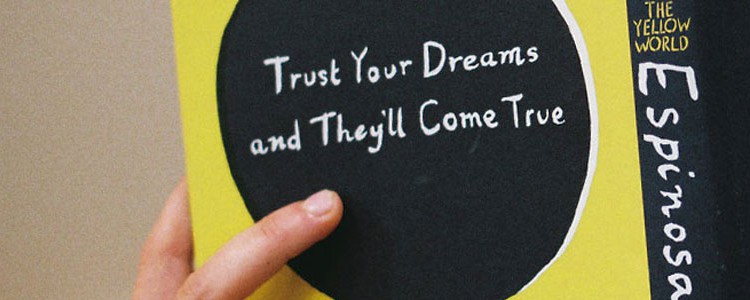Links (27 Feb 2017)
Literary Prizes
Scholastic Writing Awards 2017, deadline 28 February 2017
Winners of the PEN (USA)
Barnes & Noble Announces the Salam Award for Pakistani Science Fiction
Shortlist Announced for International Prize for Arabic Fiction 2017
2017 longlist for the Walter Scott Historical Fiction
LA Times Book Prize finalists
A Child of Books by Oliver Jeffers and Sam Winston has won the Bologna Ragazzi Award for fiction
All-white Carnegie medal longlist provokes anger from children’s authors and here is the response from CILIP responding to lack of diversity
Miscellaneous Links
Ukraine publishers speak out against ban on Russian books
How Flap Illustrations Helped Reveal the Body’s Inner Secrets
Invisible, a book written by the homeless, can be read only when it’s cold (Kapucynska Foundation, Warsaw, Poland) A special temperature-sensitive paint was used to print the text. The letters, the words, the sentences will become readable after a couple of minutes – but only if the temperature is lower than 0 degrees Celsius (32 degrees Fahrenheit)
Remembering Nüshu, the 19th-Century Chinese Script Only Women Could Write
The Woman Who Cut of her Breasts : The real story of how one woman’s rebellion against oppressive feudalism has been hijacked and repurposed by the patriarchy
Rafia Zakaria on Carson McCuller’s birth centenary
Pixar offers free online lessons in storytelling via Khan Academy
“An Elegy for a Library” by Mahesh Rao
A lovely essay by writer Andaleeb Wajid “Learning to be myself: Can you overcome obstacles by yourself?”
Global Literature in Libraries Initiative: Publishers Showcase — fantastic idea to have a global catalogue of translations from independent presses. h/t Rachel Hildebrandt
Reviewer and critic, Laura Miller’s fantastic interview by Michael Taeckens in Poets & Writers
An excellent interview with publisher Robert Giroux by George Plimpton in Paris Review
An interview with Pakistani independent publisher, Shandana Minhas, Mongrel Books
An interview with Yemeni author Ali al-Muqri
Award-winning writer Tope Folarin brilliant essay on “Against Accessibility: On Robert Irwin, Chinua Achebe, Chimamanda Ngozi Adichie, and Imbolo Mbue’s “Behold the Dreamers”
Something to cheer about: Human translators rout AI in much-hyped translation event
Himanshu Rai, the boss of Bombay Talkies, and his two wives








